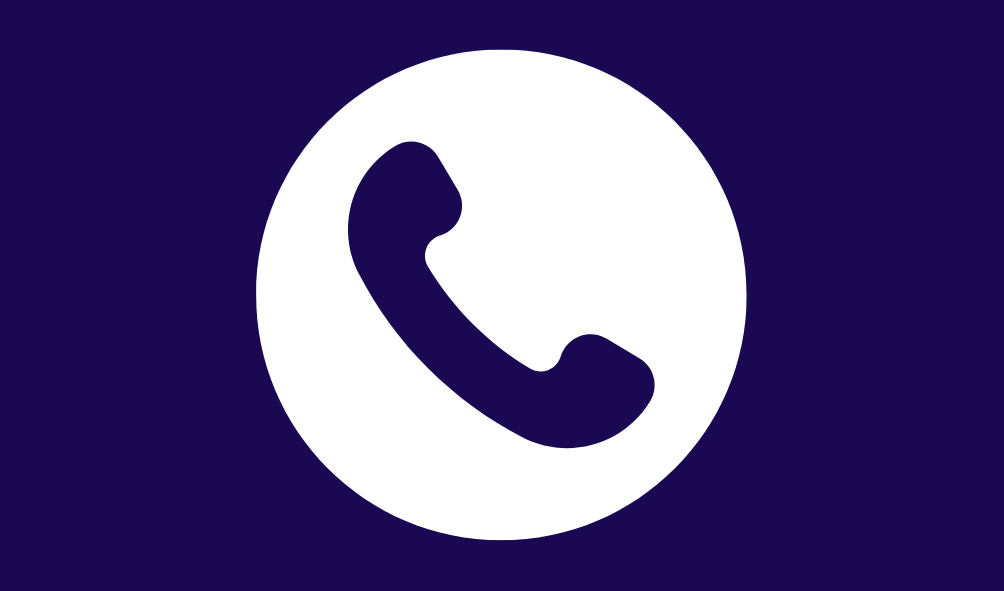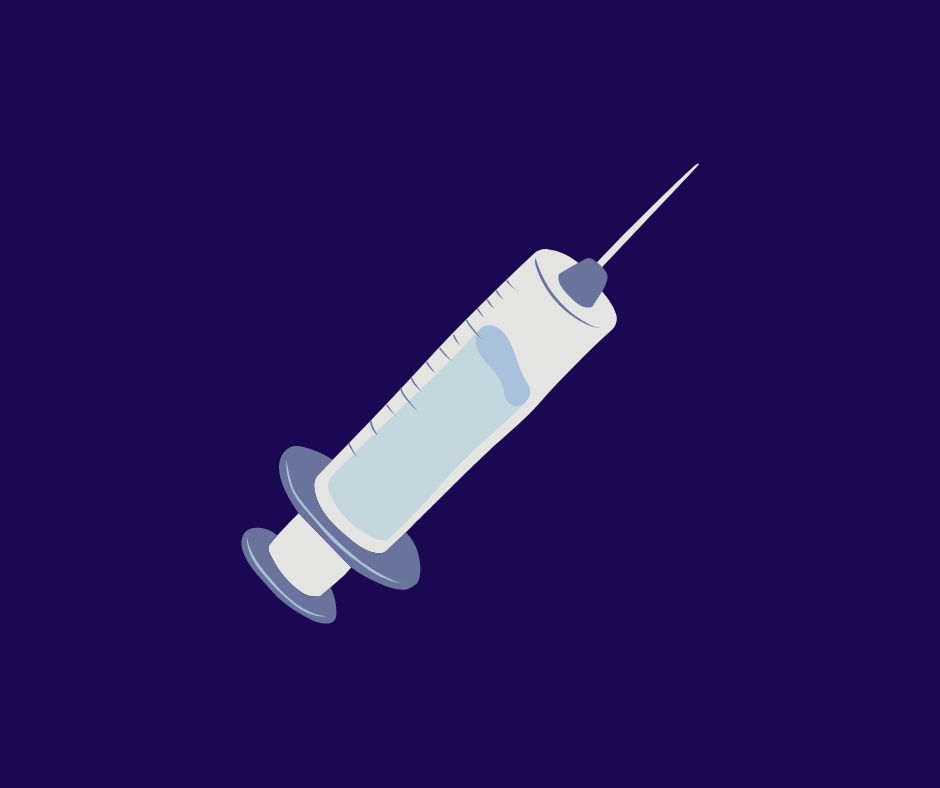Information for health professionals
Changes to invasive group A streptococcal disease (iGAS) notification process



What is the change?
From 1 March 2024, invasive group A streptococcal disease (iGAS) will become an urgent notifiable condition for medical practitioners and pathology services in Victoria.
What is considered iGAS?
iGAS is a severe, invasive disease caused by infection with Streptococcus pyogenes, also known as Group A Streptococcus. iGAS can present as any one of a number of serious illnesses associated with high morbidity and mortality.
For surveillance and public health advice purposes, a person is considered to have confirmed iGAS infection when Streptococcus pyogenes is isolated from a normally sterile site such as blood, cerebrospinal or joint fluid. A person has probable iGAS when they have a systemic illness such as streptococcal toxic shock syndrome, necrotising fasciitis or puerperal and/or neonatal sepsis and GAS has been isolated from a non-sterile site.
For more detail on these surveillance case definitions, see: Australian Government Department of Health and Aged Care Invasive Group A streptococcal disease (iGAS) – Surveillance case definition
What do I need to do as a medical practitioner?
Medical practitioners must notify probable and confirmed iGAS infection immediately upon diagnosis to the Department of Health. This should be done by phone. You can contact the Western Public Health Unit (WPHU) to make these notifications on 1800 497 111. WPHU has public health officers and doctors on call 24/7 to take notifications and provide any public health support or advice you may require.
What do I need to do as a pathology service?
Pathology services must notify WPHU of confirmed iGAS cases by phone immediately upon laboratory diagnosis. This should be followed up with written notification to the Department of Health within five days of diagnosis.
Why has this change been made?
Making iGAS an urgent notifiable condition enables public health response actions to be initiated promptly, and also assists the collection of more comprehensive and accurate surveillance information to inform our understanding of who is affected by iGAS, and the implications for public health policy.
Post exposure prophylaxis (PEP) is recommended for some high-risk close contacts of individuals with iGAS. WPHU will support clinicians in undertaking risk assessments to determine who may benefit from PEP, and help facilitate timely access to antibiotic prophylaxis.
Where can I find more information?
Please reach out to WPHU to make a notification, if you have any queries or require support.
For further information on the changes to notification, please refer to the recent Chief Health Officer alert: Changes to invasive group A streptococcal disease notification | health.vic.gov.au

